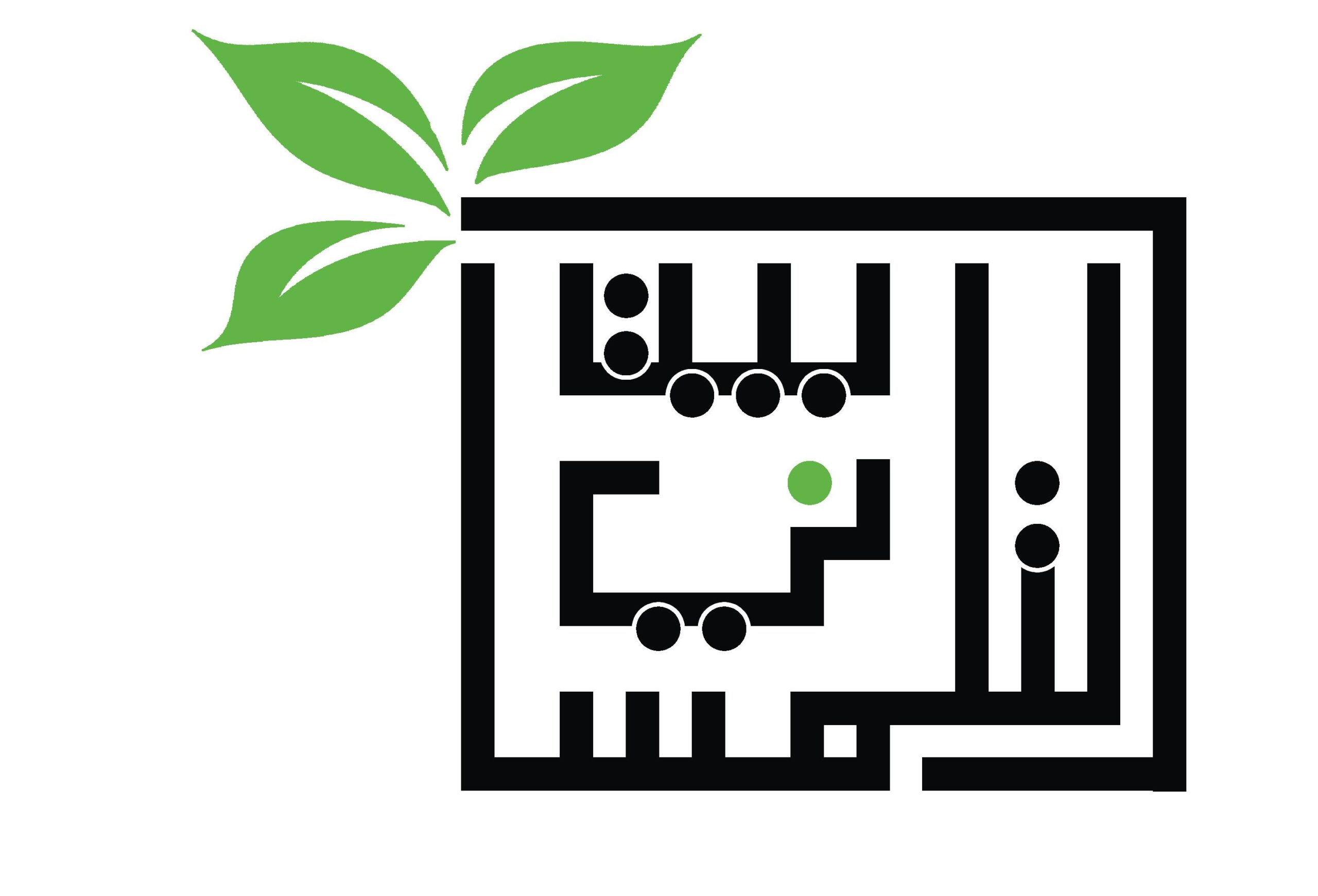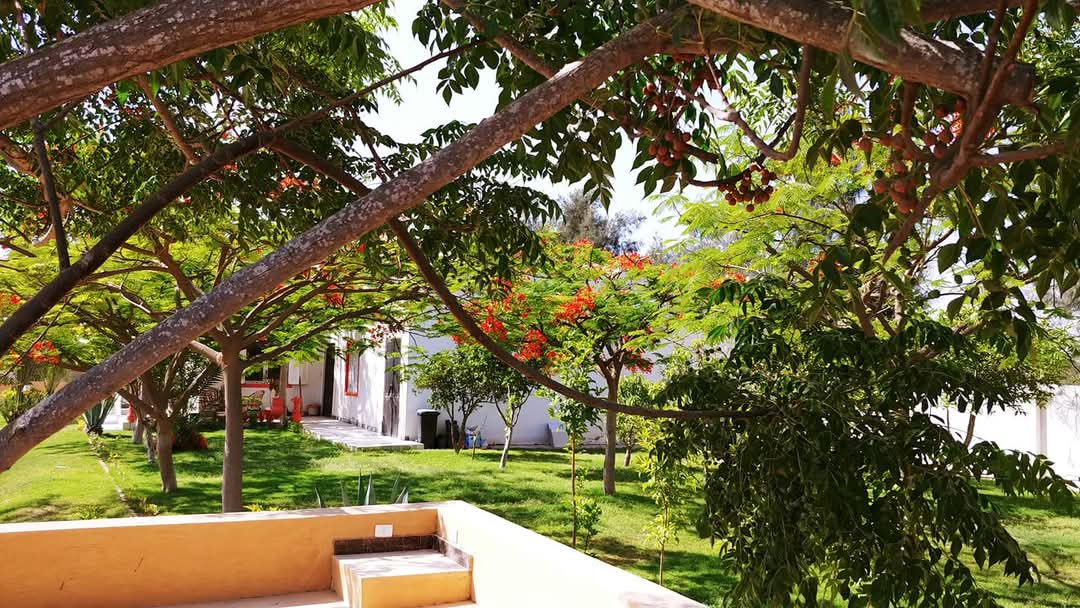
Beit Telmissany is a writers residency situated on the Cairo-Alexandria Desert Road within the Palm Oasis Compound, Egypt. Established by Egyptian Canadian writer and academic May Telmissany, the Beit aims to support writers from Egypt and around the world in the fields of literature, translation, screenwriting, and academic research. It houses the library of the late film director Abdel Kader Telmissany, a portion of the library of the late writer Edward El-Kharrat, and May Telmissany’s own book collection.
The Beit pays homage to the Telmissany family who significantly influenced Egypt’s artistic and cinematic landscape, with numerous contributions spanning multiple generations.
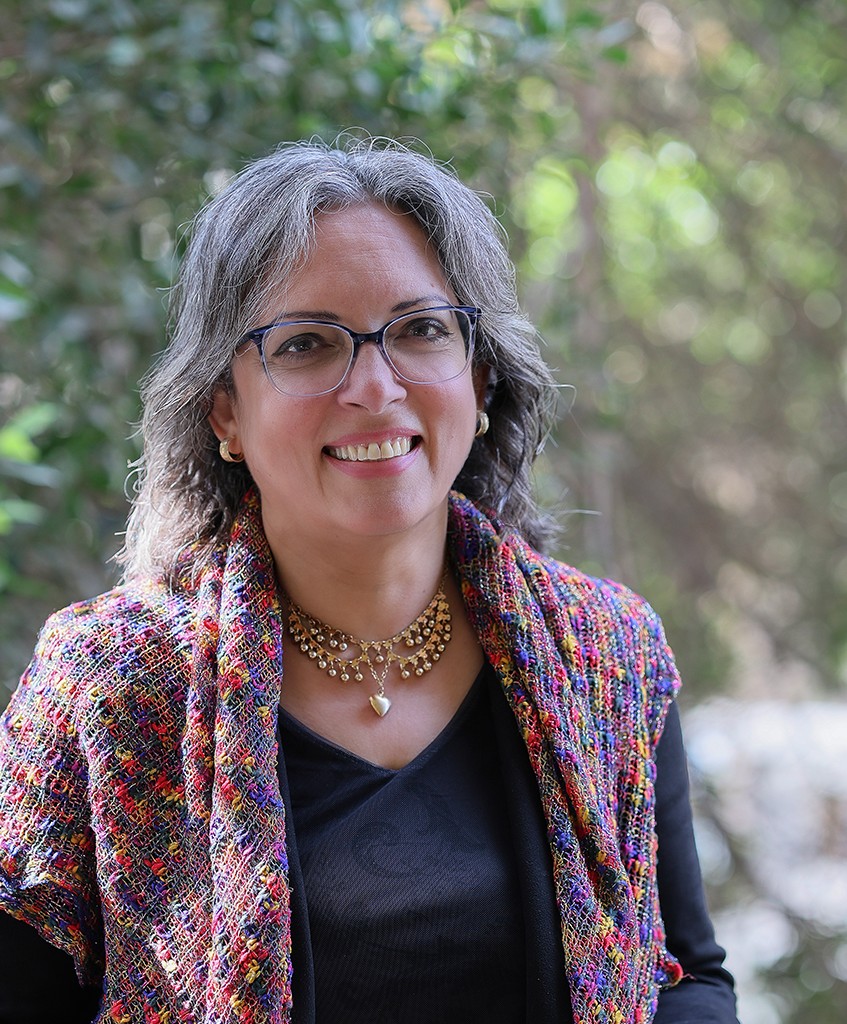
May Telmissany is an Egyptian Canadian novelist and professor of Film Studies at the University of Ottawa, Canada. Her publications include five novels: Dunyazad, Heliopolis, Accapella, Everyone Says I Love You, and Echo of a Last Day (with Edward El-Kharrat), three short story collections: Repeated Sculpture, Mental Betrayals, and Magic Eye, and two travelling diaries: A Walled Paradise and Many Ways to Travel. In the field of academic studies, May Telmissany published a book about the popular neighborhood in Egyptian cinema, and edited a volume about the Palestinian-American thinker Edward Said. Her academic research was published in numerous foreign journals in the fields of Postcolonial studies, Film studies, and Cultural criticism. In 2021, Telmissany was awarded the Knight of the Order of Arts and Letters by the French government in recognition of her contributions to culture, literature, and translation.
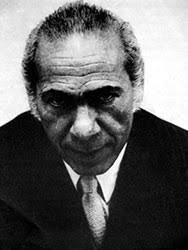
Kamel Telmisany (1915-1972) is a pioneering artist and filmmaker. He co-founded in 1939 the Art and Liberty surrealist Group alongside George Henein, Ramses Younan, and Fouad Kamel. He then shifted his focus to realist cinema with his notable film “The Black Market” (1945). He then became one of the influential figures in Lebanese theater and television as he worked with the Rahbani Brothers as a scenographer and artistic advisor. Kamel Telmisany has important writings published in Al-Tatawwur and Rose El-Youssef magazines, in addition to two major cinema books: The American Ambassador in Technicolors and Dear Charlie Chaplin.
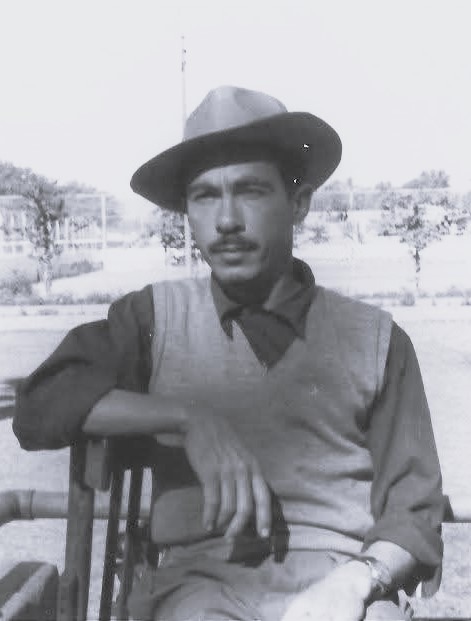
Hassan Telmissany (1923-1987) is a prominent cinematographer. He started his career as a painter participating in the exhibitions of the Art and Liberty surrealist group and the Contemporary Art group in the 1940s and 1950s. After studying photography in London, he became one of the most noted DOPs in documentary film and, along with his brothers Kamal and Abdel Kader he co-founded the first film production company specialized in documentary cinema. His film The Springs of the Sun (directed by John Feeney, 1963) is one of the world cinema documentary films about the Nile River.
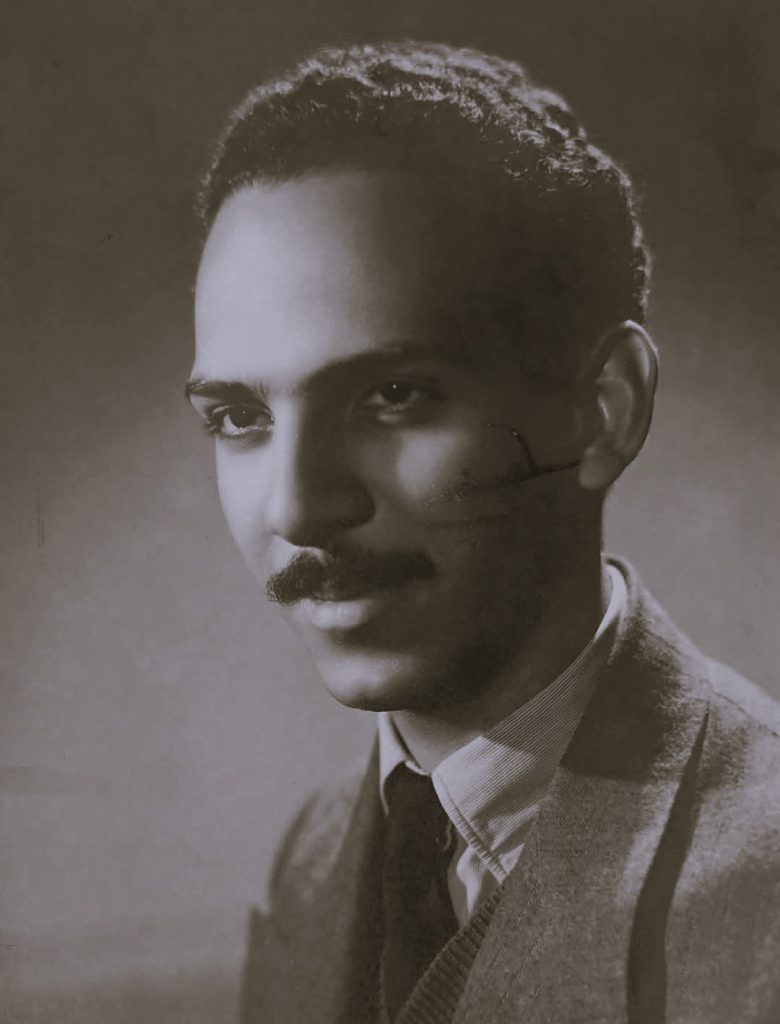
Abdel Kader Telmissany (1924-2003) was a distinguished director, producer, screenwriter and a leading figure in documentary cinema in Egypt. He enriched the cultural life with numerous significant documentary works, including A Journey in the Description of Egypt, The Art House in the Village, Coptic Decorations, The Sinai Quintet, and Explosion. Abdel Kader Telmissany authored several books on the arts of cinema and documentary film, in addition to translations of French playwriters Ionesco and Jean-Paul Sartre. He wrote and directed television and radio series, such as The Bank of Anxiety adapted from a play by Tawfiq Al-Hakim. Abdel Kader Telmissany received several local and international awards and was a celebrated intellectual and a prominent figure of documentary filmmaking in Egypt.

Tarek (Hassan) Telmissany (b. 1950) is one of the most renowned cinematographers in Egyptian cinema. Tarek studied cinematography in Moscow and returned to Egypt in the early 1980s to collaborate with prominent directors of the neo-realist movement, such as Khairy Bishara and Mohamed Khan. His filmography includes notable films like He Left and Never Returned, The Collar and the Bracelet, Searching for Mr. Marzouk, The Shepherd and the Women, The Date Palm’s Sweat, I Love Cinema, and Cut and Paste, among others. He has received numerous awards at both local and international film festivals. Additionally, he directed a feature film titled Laughter, Play, Fun, and Love, which celebrates the Heliopolis neighborhood where he was born and raised in the 1960s.
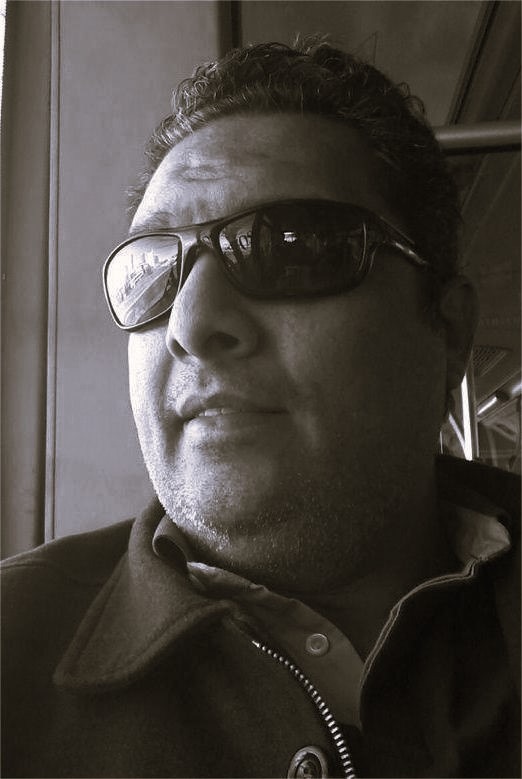
Khaled (Abdelkader) Telmissany (1966-2018) was a film photographer known for his work on several documentary and feature films, including The Shepherd and the Women, The Emperor, Days of Sadat, and I Love Cinema. In addition to his film work, he wrote unpublished stories and novels in colloquial Arabic, as well as video scripts for television.
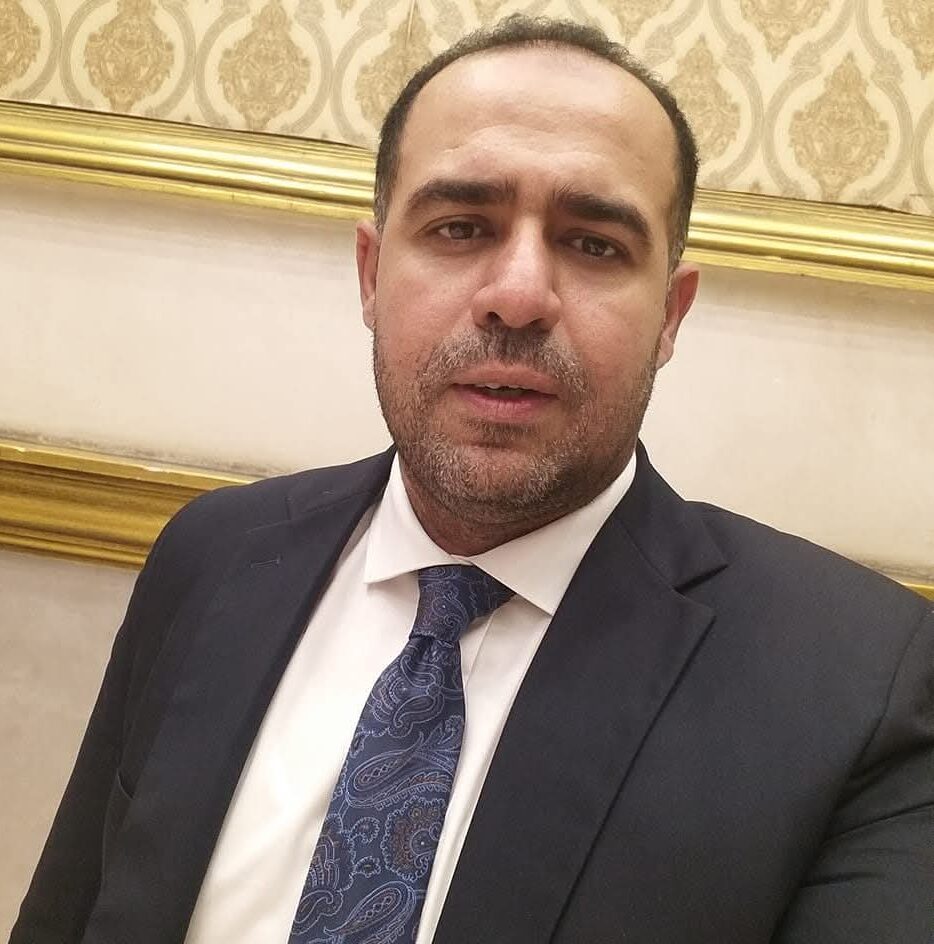
Shehab Kassem was born in Cairo in 1983. He graduated from the Faculty of Arts, Cairo University, with a major in social sciences before specializing in software and web design. Among his many interests, Shehab enjoys fishing, listening to music, and reading nonfiction. This sparked his interest in culture and the world of literature, which led him to supervise the residency and sabbatical program at Beit Telmissany in 2024 and currently serves as the Coordinator of the Beit.
